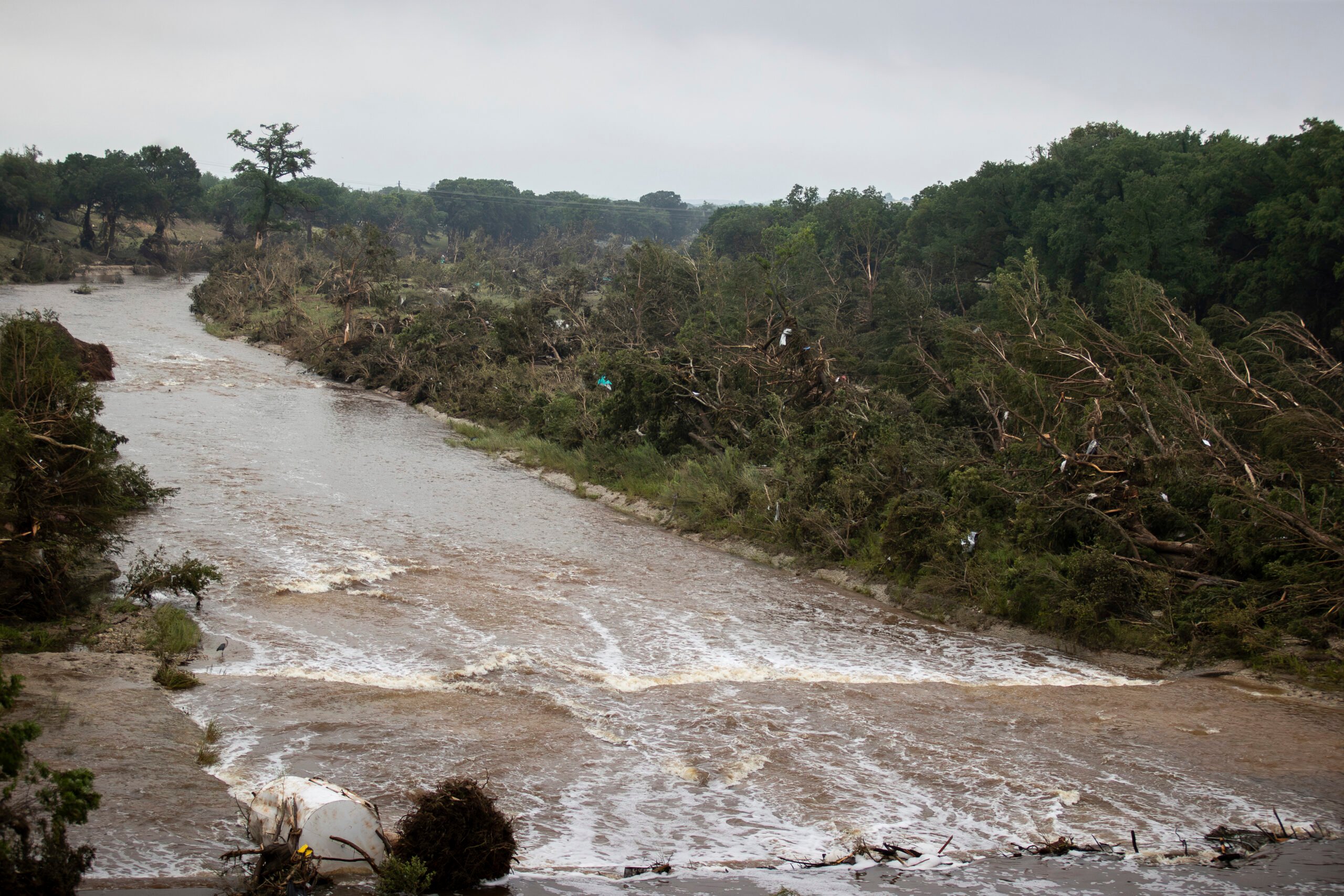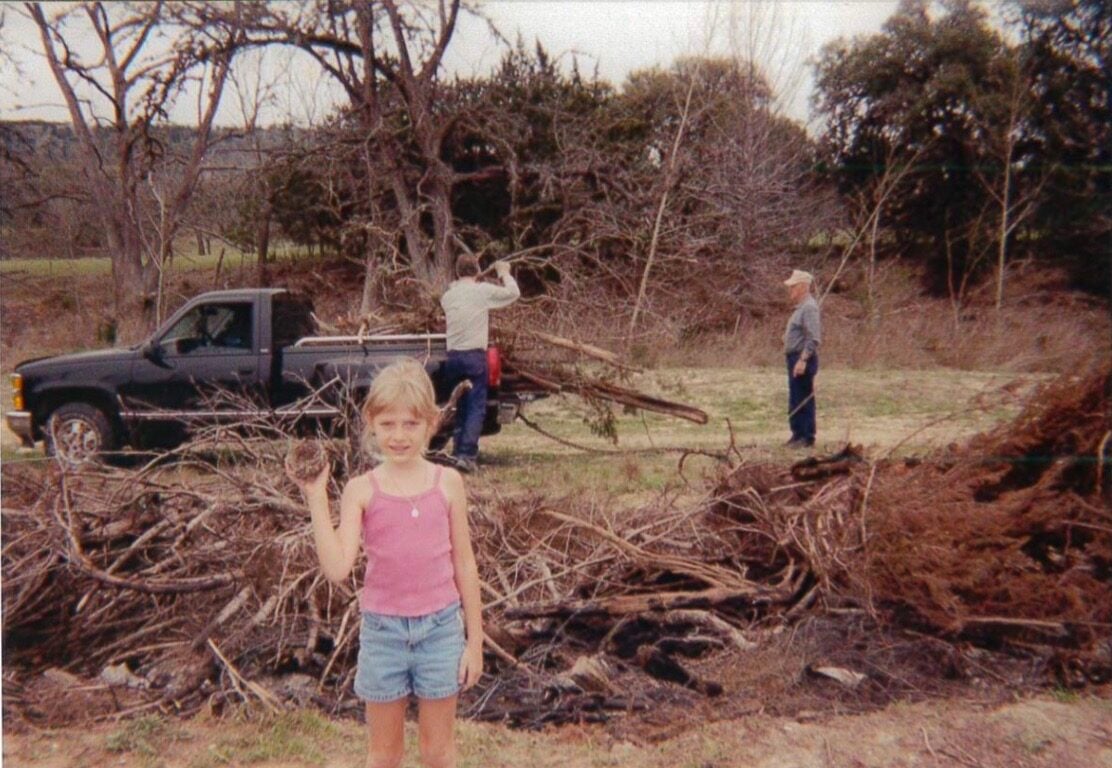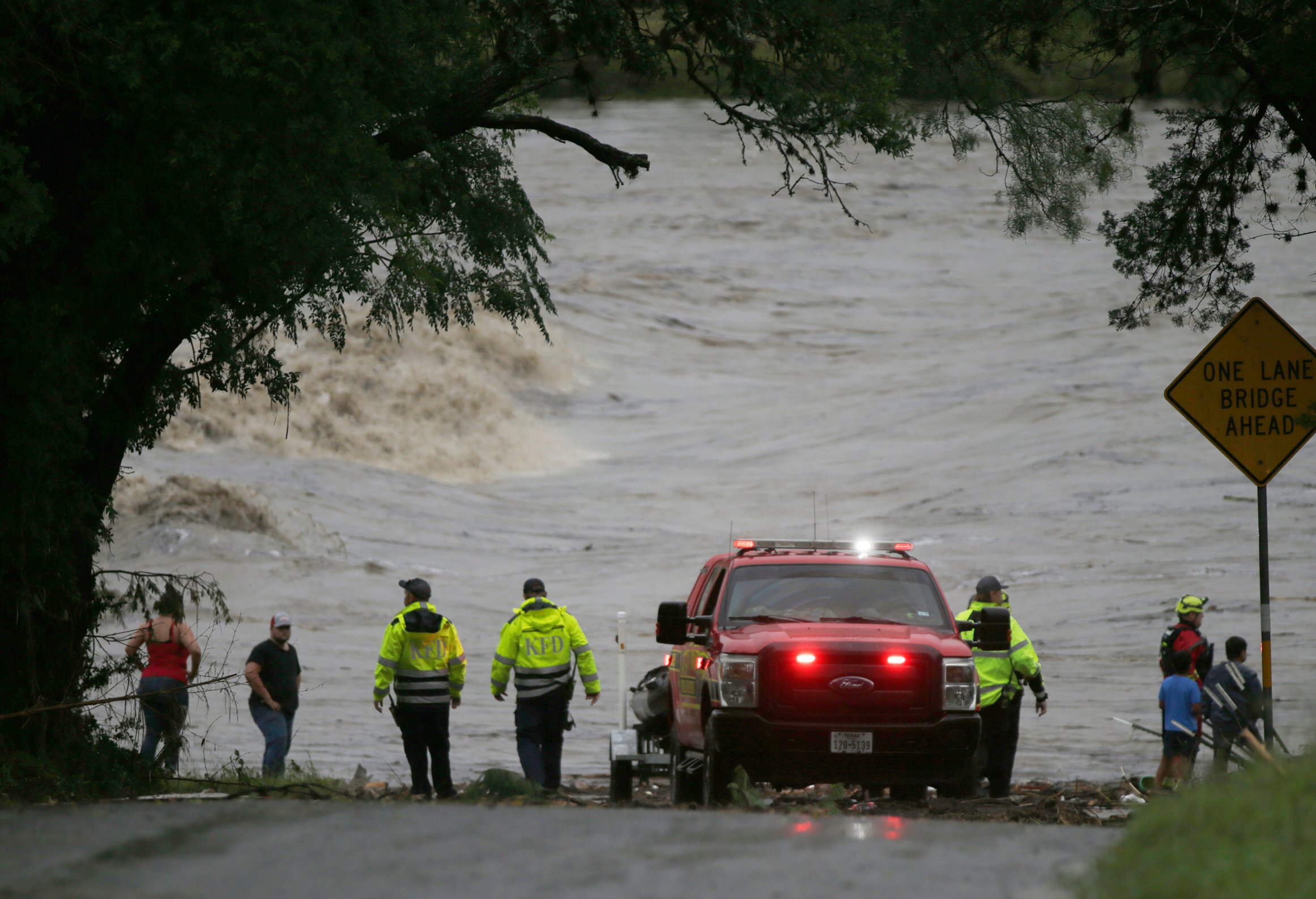ustxtxb_obs_2008_05_02_50_00027-00000_000.pdf
Page 15
4P .11 14 * w -ww ..planetidtexas.com GROWNUP GIFTS FOR KIDS OF ALL AGES AUSTIN NEW STORE NORTH SOUTH RESEARCH E. RIVERSIDE STASSNEY 832-8544 443-2292 502-9323 441-5555 701-9069 NEW STORE!! SAN MARCOS 512 392-4596 NEW STORE EAST CENTRAL EVERS MILITARY WEST AVE 654-8536 822-7767 521-5213 333-3043 525-0708 a rlw’ OBSOIT OF HAPPINESS NEW STORE! IN AUSTIN CESAR CHAVEZ 3111 E. MAR MAW \(fast of Plasma flaky 247-2222 In the first chapter alone, we learn that public infrastructure is decrepit, empty buildings and homes are common salvage opportunities, transportation has been reduced to feet and horses, electricity is sporadic at best, and farming has reclaimed its direct connection to the dinner table. deprivation, and toward the possibility of a return to community. An introductory statement \(“Sometime a play on science fiction, but in fact Kunstler’s story is a subversion of the typical futuristic fantasy, in which the supremacy of technology results in a mysteriously sleek and efficient world. In the first chapter alone, we learn that public infrastructure is decrepit, empty buildings and homes are common salvage opportunities, transportation has been reduced to feet and horses, electricity is sporadic at best, and farming has reclaimed its direct connection to the dinner table. People, especially young ones, are scarce because of the Mexican flu, and chaos is widespread. That’s just a guess, though. Word-of-mouth is the only source of information. At least that’s the state of things in Union Grove, New York, a fictional small town in the Upper Hudson River Valley not far from the Vermont border, where 40-something protagonist Robert has lost his family and lives alone in a house that once belonged to his in-laws. An erstwhile director of marketing for a software company, he retains few of his upper-middle-class accoutrements, and if not for his carpentry skills would probably be forced to work on a farm or join the area commune. He fishes for trout and grows his own vegetables and trades with his neighbors for eggs and milk. Although life has become “relentlessly physical” and he has plenty to mourn, Robert basically accepts his changed world, and even begins to think it superior in many ways to the one that’s been taken from him. The plot gets under way when Robert and his best friend, Loren, discover that the local high school has been sold to a Protestant sect from Virginia, headed by a willful man named Brother Jobe. The group’s 70 members are looking for a tranquil place to put down roots after fleeing violence along the East Coast. They are an unknown and unpredictable element, and raise suspicions among townspeople, but they soon have the chance to prove their worth. Within days of the sect’s arrival, a young man is murdered by the thugs who run the “general supply,” an extensive salvage operation at the old town dump. The incident triggers confusion and despair within the community. The judicial system consists of a drunken constable and a disinterested magistrate, and the mayor is not much better. Robert, who happens to be nearby when the murder occurs, finds himself working alongside Brother Jobe and company in search of justice. The newcomers have a vested interest in seeing that their new home doesn’t descend into the barbarity they’ve witnessed, and escaped, elsewhere. Kunstler’s writing is fluid and vivid, in spite of its near-constant references to the ways in which daily American life no longer resembles its oil-dependent heyday. These details, piled up, are potentially distracting, but they provide proof of the author’s conviction in the long emergency and its attendant fallout, and his commitment to preparing for its aftermath, if only mentally. Still, the author’s hand is at times too visible for convincing fiction, and his over-explanation of certain events only makes them less believable. Robert is likewise almost too capable to be believed. But he is an old-fashioned hero, suited to a time and place fraught with immense difficulty. Kunstler’s vision also includes uncomfortable regressions for women, whose dependence on men is renewed, as well as a return to overt elitism. The novel nevertheless presents a plausible scenario. Kunstler believes small, self-reliant communities will resurge, and the luxury of the contemporary local food movement will become a painfully ironic memory as we’re forced to eat only what we can grow. Whether the situation ever turns so dire or not, it can’t be a bad idea to confront the possibility. Kunstler’s book makes exploring that possibility fascinating and bracing. C.B. Evans is a writer living in Austin. MAY 2, 2008 THE TEXAS OBSERVER 27


